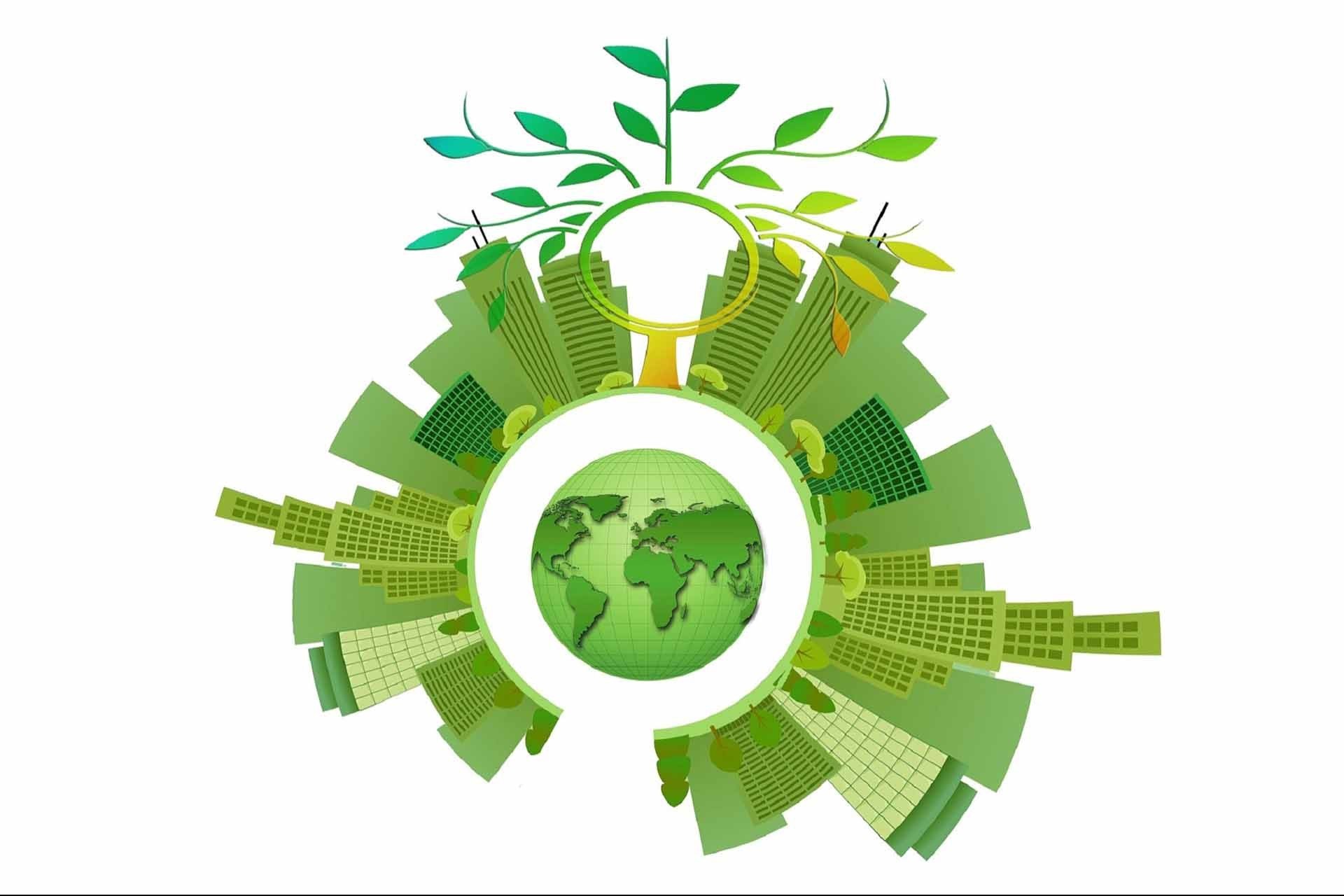 |
| Climate change is one of the most pressing problems in the world . |
Encouragingly, the transition to net-neutral emissions by 2050 has become a policy priority globally, as governments implement ambitious policies to promote clean energy consumption.
However, the transition is becoming more complex and politically charged. Longer-term global interest rate hikes to control inflation are undermining the green transition, which requires large private investment.
Progress has also been made harder by a wave of green initiatives being rolled back, most notably in Europe, a region that has been at the forefront of implementing climate change policies. For example, Reuters reports that Italy’s right-wing government has pushed back against a series of EU initiatives to green the economy, saying local businesses are not capable of meeting agreed transition targets. There are signs of slowing progress on decarbonization in Europe.
Across the Atlantic, the US autoworkers strike has exposed the conflicts between committing to a green transition and protecting jobs in the sectors that could be most affected by it.
Faced with a growing backlash against green initiatives, some developed countries have softened their net-zero emissions pledges. Meanwhile, major developing countries such as China, India and Indonesia continue to invest in coal-fired projects, casting doubt on their commitment to decarbonizing the energy system.
Climate change policy setbacks are inevitable as governments may initially be too optimistic about the transition to a decarbonised economy without paying attention to the immediate impacts on some segments of the population.
Back in 1991, Harvard University professor Michael Porter wrote that a low-carbon future would cut costs and improve social welfare over time by encouraging innovation in clean energy technologies and increasing energy efficiency. But that would be achieved in the long term.
Source



![[Photo] Students of Binh Minh Primary School enjoy the full moon festival, receiving the joys of childhood](https://vphoto.vietnam.vn/thumb/1200x675/vietnam/resource/IMAGE/2025/10/3/8cf8abef22fe4471be400a818912cb85)

![[Photo] Prime Minister Pham Minh Chinh chairs meeting to deploy overcoming consequences of storm No. 10](https://vphoto.vietnam.vn/thumb/1200x675/vietnam/resource/IMAGE/2025/10/3/544f420dcc844463898fcbef46247d16)


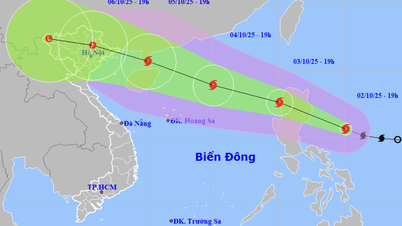

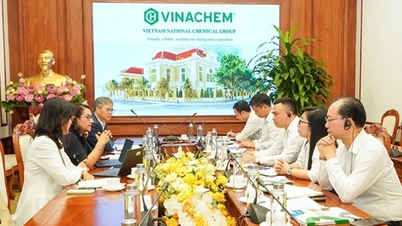



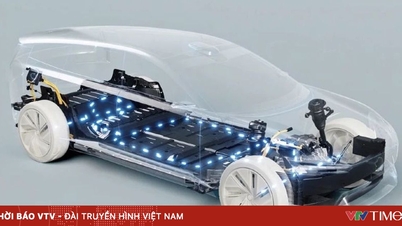

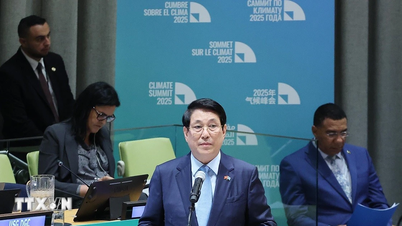





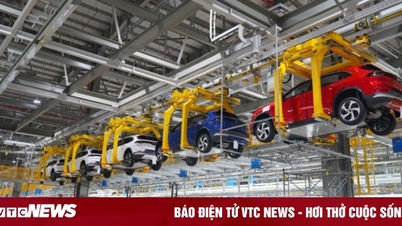



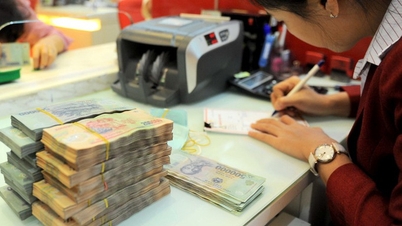







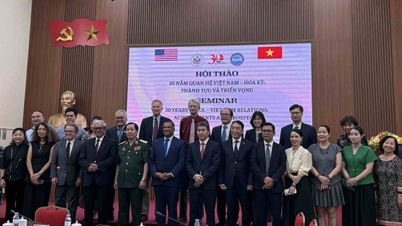
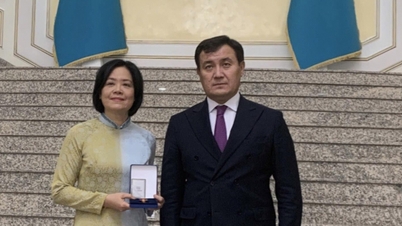


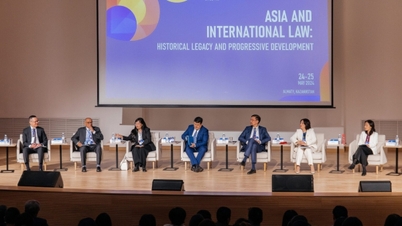
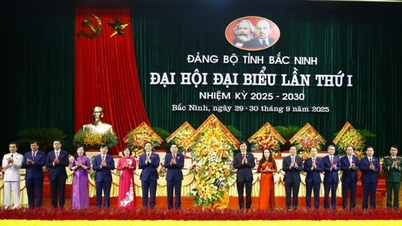





































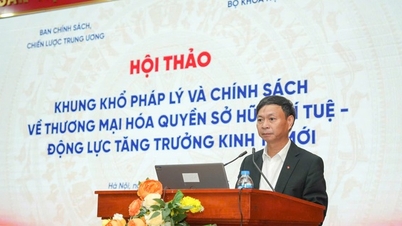

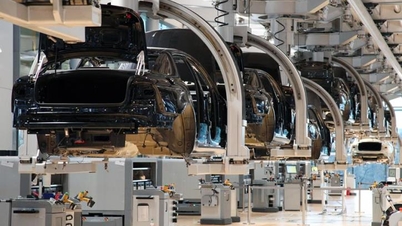


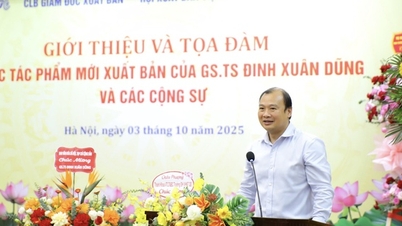

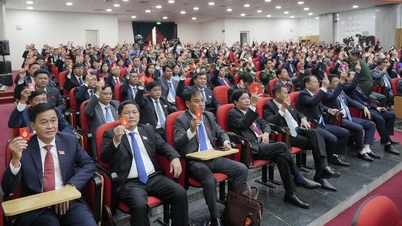

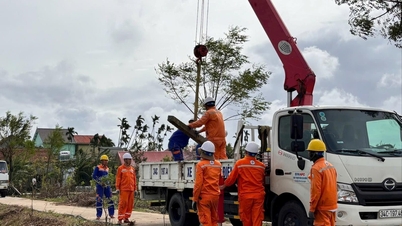





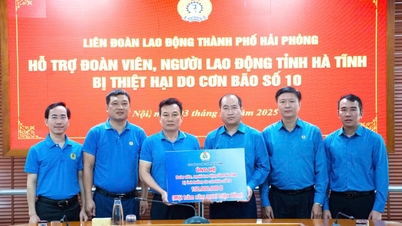












Comment (0)